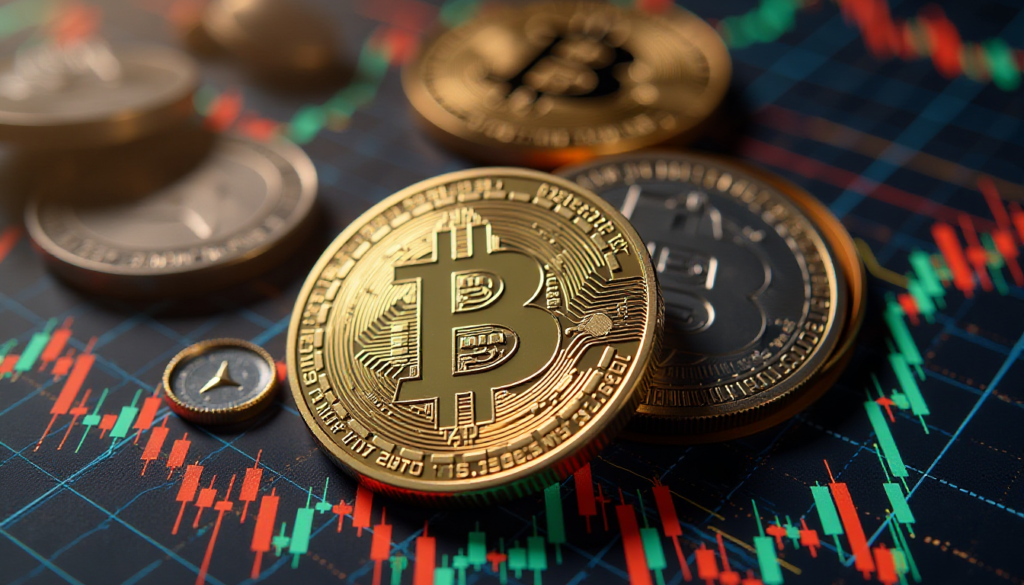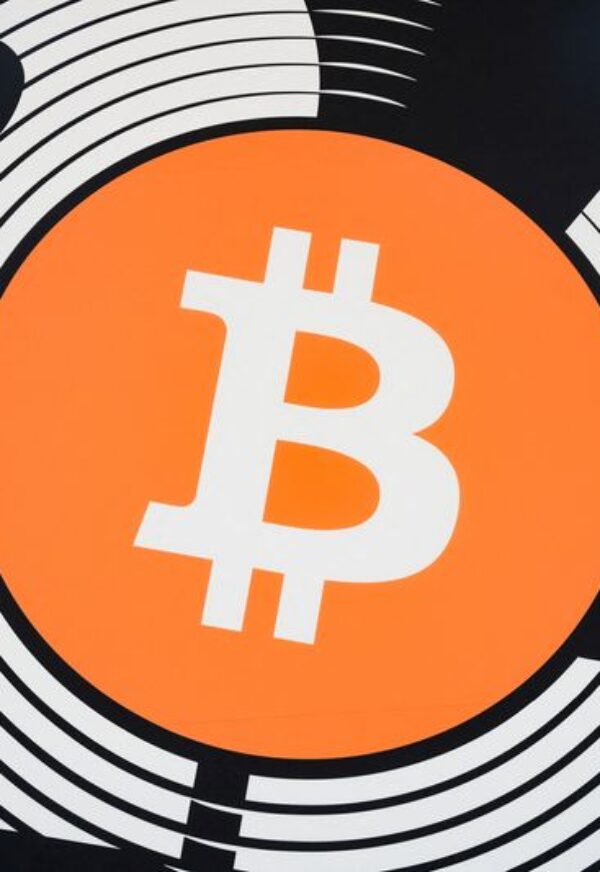How a Bitcoin Strategic Reserve Could Help Offset U.S. Debt Challenges
The potential of a U.S. strategic bitcoin reserve in offsetting national debt
In the recently held press conference, Ki Young Ju, the founder of Crypto Quant, shared his thoughts on the strategic role Bitcoin (BTC) could play in eradicating a part of the United States’ massive national debt.
His opinions, posted on X, add to the growing chatter among cryptocurrency analysts and finance experts about the role that can play in global finance.
Young Ju’s idea focuses on the establishment of a Strategic Reserve (SBR) to cover a portion of the U.S. debt. His suggestion is that the U.S. government strategically purchase about 1 million BTC over a long period of time, say between now and 2050.
This accumulation plan could address up to 36% of the country’s domestically held debt, which would ultimately equate to clearing about 70% of the total U.S. debt.
Young Ju’s approach primarily targets domestic creditors, perhaps under the assumption that foreign creditors would not readily accept as a form of payment.
This logic finds supporting evidence in Bitcoin’s skyrocketing growth after its emergence. Since establishment 15 years ago, this cryptocurrency has witnessed continuous significant capital inflow, to the extent of reaching a market capitalization that reached $2 trillion recently.
In addition, Young Ju argues that if is considered a strategic asset like gold, it would raise its status and legitimacy. If the U.S. government were to recognize as a store of value like gold, it would further solidify its position as a globally recognized reserve asset.
Key Challenges to Implementation
While the concept of a Strategic Reserve is innovative, Young Ju also identifies several crucial challenges to making it feasible:
- Acceptance and Trust in Markets:
For to be considered a reserve asset, it needs to garner the global trust and stability that gold has built for centuries. Bitcoin, in its current state as a newer and speculative asset, lags in gaining acceptance around the world.
- Volatility:
The price volatility of Bitcoin is another major challenge. The cryptocurrency market is known to be highly susceptible to speculative cycles, which are characterized by sharp price surges and corrections. This volatility might make Bitcoin an unattractive asset for creditors, who usually prefer stable assets.
- Speculative Risks:
The susceptibility of bitcoin to speculative trading undermines its reliability as a strategic asset. Its viability as a reserve currency, therefore, remains uncertain until these speculative dynamics are mitigated.
Despite all these obstacles, Young Ju is hopeful for Bitcoin’s future. According to him, if the US government declares a Strategic Bitcoin Reserve, it will send a strong message indicating long-term promise for the asset.
The endorsement may increase trust within the markets and will bring Bitcoin further into the world’s financial infrastructure.
Adopting Bitcoin as a strategic asset may have transformative implications for the U.S. and the broader cryptocurrency market.
- Boost in Credibility of Bitcoin: If the U.S. government accepts Bitcoin as a strategic reserve, it may boost the credibility of the cryptocurrency. It would then place Bitcoin in the same category as traditional safe-haven assets, such as gold, which could further propel its adoption by institutional and retail investors.
- Global Financial Integration: Integrating Bitcoin into national debt management strategies might mark a significant step towards acceptance as a global reserve currency. This could inspire other nations to take similar steps, further integrating Bitcoin into the global financial system.
- Market Growth Stimulation: It can serve as a catalyst in propelling further growth in the market for cryptocurrencies. When adoption increases, as well as trust, and the price of Bitcoin becomes stable, speculative activities decrease, which are a couple of the issues raised by Young Ju.
Diverging Views on Bitcoin’s Utility
A proposal to include Bitcoin in U.S. debt management has elicited varying views from financial experts.
Skepticism from Traditional Economists:
Minneapolis Federal Reserve Bank President Neel Kashkari has been skeptical about the practical use of Bitcoin. He says that the cryptocurrency offers little tangible value, especially compared to established assets such as fiat currencies and gold.
Support from Bitcoin Advocates:
Unlike them, proponents of Bitcoin are transformed by this financial asset, according to Michael Saylor, an executive chairman of MicroStrategy.
Saylor has emphasized time and again the capability of Bitcoin as a hedge against inflation and as an instrument for preserving wealth amidst the increasing uncertainty in the economic landscape.
Young Ju’s proposal stands for an ambitious vision about the role Bitcoin will have in national debt management. It is in tune with a growing recognition of cryptocurrency as part of the global financial system, yet it also poses significant risks and challenges to be overcome:
- Regulatory Hurdles:
For the U.S. government to accumulate Bitcoin strategically, it must navigate a complex regulatory landscape. This includes addressing concerns about cryptocurrency’s association with illicit activities and its potential impact on monetary policy.
- Public Perception:
Its success also depends on the degree of public acceptance. For instance, skepticism towards its reliability and security could pose significant challenges in promoting Bitcoin as a legitimate reserve asset.
- Geopolitical Considerations:
It also can’t be disregarded the international implications in the U.S. case when Bitcoin will be adopted as a reserve asset. Indeed, it can influence world power and balance of interests of global powers, mainly countries such as China that pursued more restrictive approaches in regards to cryptocurrency.
Ki Young Ju’s proposal to create a Strategic Bitcoin Reserve is a very bold and forward-thinking approach in addressing the United States’ debt challenges.
The idea, however, leverages the impressive growth and potential of Bitcoin as a strategic asset, but its implementation would require overcoming substantial hurdles, such as volatility, market acceptance, and regulatory barriers.
Nevertheless, the proposal underscores the growing influence of cryptocurrency in global financial discourse. Whether or not the U.S. government adopts a Strategic Bitcoin Reserve, the ongoing debate highlights Bitcoin’s potential to play an increasingly prominent role in the global economy.



